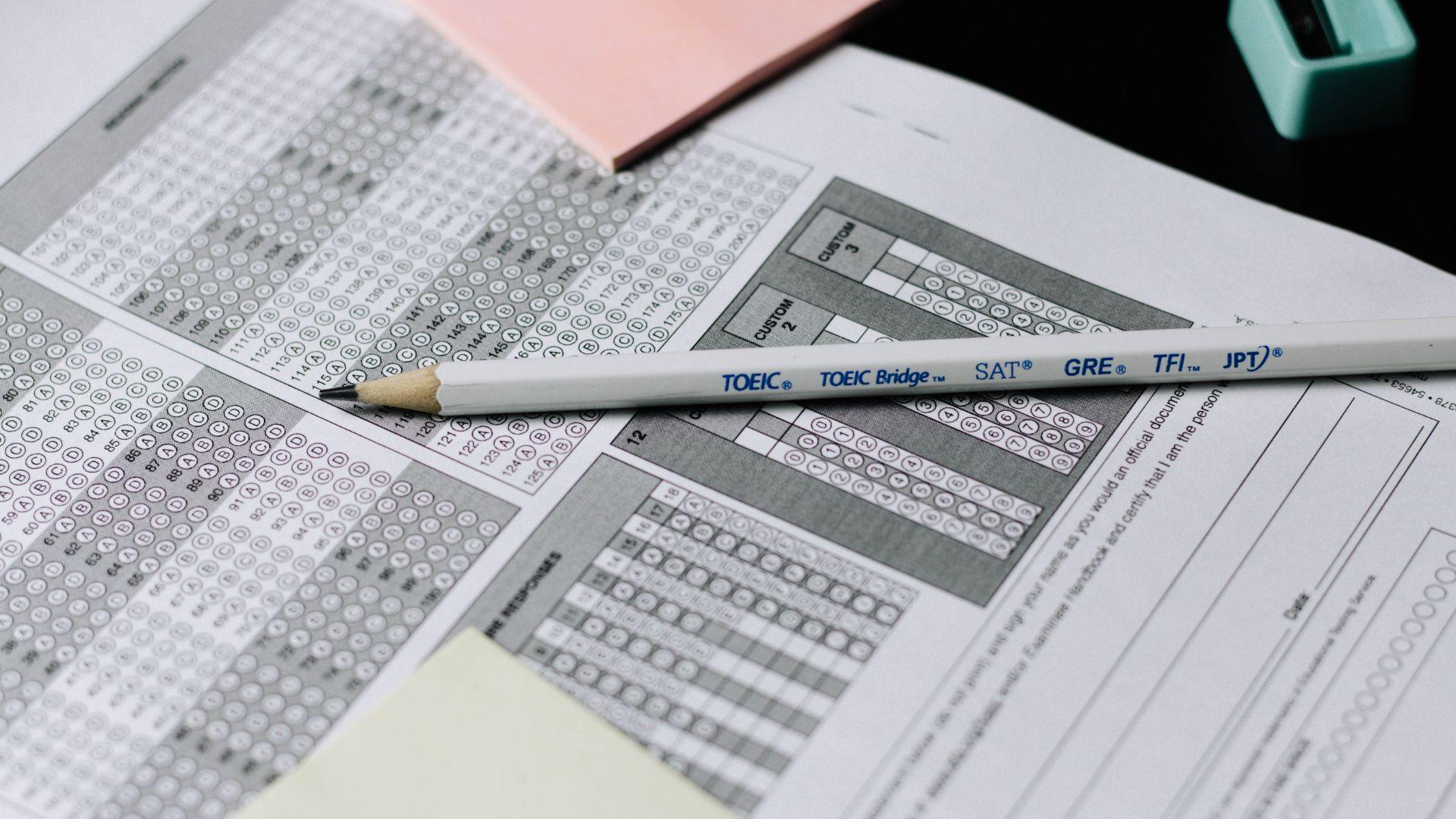‘Woke’ Oregon Schools Don’t Test Kids in Math, Reading, and Writing
The state of Oregon has decided to modify its high school education criteria.
Specifically, for the next five years, high school students will no longer need to display proficiency in areas like math, reading, and writing to graduate, marking a significant departure from previous educational benchmarks.
Standardized Test Scores Were Previously Essential
Historically, to achieve a high school diploma in Oregon, students were mandated to attain certain standardized test scores.

Source: Nguyen Dang Hoang Nhu/Unsplash
These scores served as a benchmark, reflecting students’ capabilities in foundational subjects such as reading, writing, and math. This was the accepted norm for years.
Pandemic Leads to Reassessment of Testing
The global pandemic brought about unforeseen educational challenges. Schools across Oregon had to close, leading to a temporary cessation of standardized tests.

Source: Getty Images
This interruption initiated a re-evaluation of the long-standing graduation requirements, prompting education officials to consider alternative approaches.
The Decision by the State Board
In response to these challenges, the Oregon State Board of Education held a meeting to determine the way forward.

Student Focused on an Exam
The outcome was a unanimous decision to prolong the suspension of traditional graduation requirements, confirming this change for another five years.
Understanding the Motivation for the Shift
The revision in graduation requirements was influenced by concerns surrounding educational equity.

Source: Javier Trueba/Unsplash
Specifically, it was believed that the original standards might be detrimental to certain student demographics, including students of color, those with learning disabilities, and non-native English speakers.
State-Mandated Tests to Remain
Although the graduation requirements have evolved, it’s crucial to highlight that standardized testing in Oregon will persist.

Source: Jeswin Thomas/Pexels
High school students will still participate in these tests; however, the scores acquired will no longer dictate their graduation eligibility.
Clarification From Board Members
Regarding this change, Vicky López Sánchez, a prominent member of the state board, elucidated that they are merely “suspending the inappropriate use of assessments.”

Source:Pixabay/Pexels
The fundamental goal is a recalibration, ensuring that these tests serve their intended purpose within the educational ecosystem.
Community Feedback
The decision to amend the requirements was met with a myriad of responses from the community. A substantial number of individuals proactively submitted their comments on the matter.

Source: RDNE Stock project/Unsplash
Some ardently advocated for reverting to the original standards, while others expressed steadfast support for the new approach.
Assessing the Underlying Factors
In-depth discussions hinted at more profound implications, specifically the influence of cultural and societal norms on student assessments.

Source: Caleb Woods/Unsplash
This dialogue demonstrated that the overarching issue could be more complex, extending beyond just test mechanics and encompassing broader societal influences.
Diverse Perspectives
Christine Drazan, having once vied for the gubernatorial position in Oregon, shared her insights.

Source: Samantha Gades/Unsplash
She stressed the fundamental importance of providing genuine, quality learning opportunities for every student, emphasizing the core objective of educational endeavors.
Potential Future Changes
Emerging from the backdrop of these discussions is the concept of ‘equity grading’.

Source: RDNE Stock project
This progressive approach to evaluation might eventually replace the age-old grading system, heralding a potential shift away from the entrenched A to F grading paradigm.
Oregon's Educational Evolution Continues
With these novel changes underway, Oregon’s education system is entering a new phase.

Source: Jake Patrick/Unsplash
As this chapter unfolds, stakeholders will keenly observe the repercussions and results of these shifts, anticipating the long-term impact on future generations of students.
